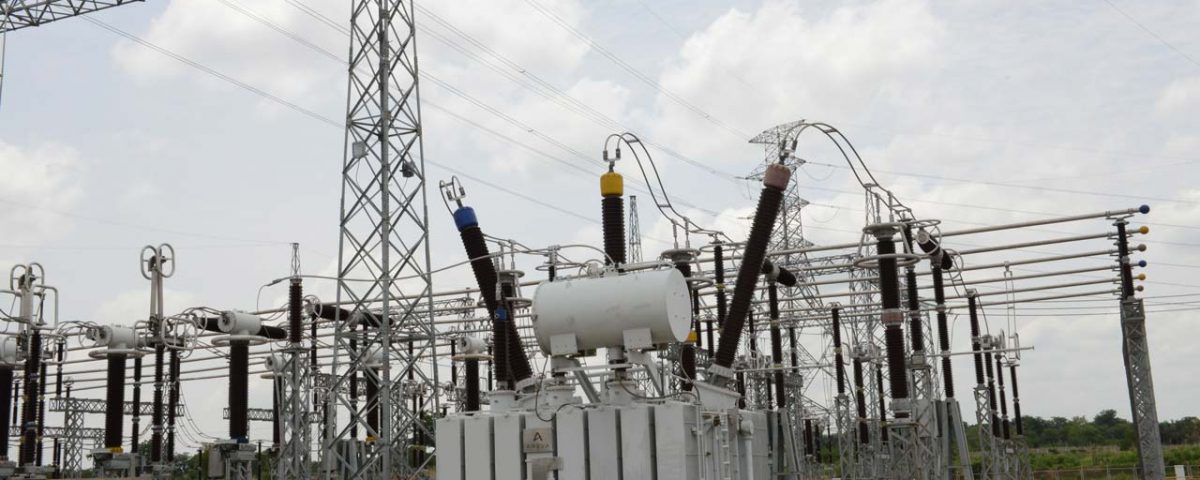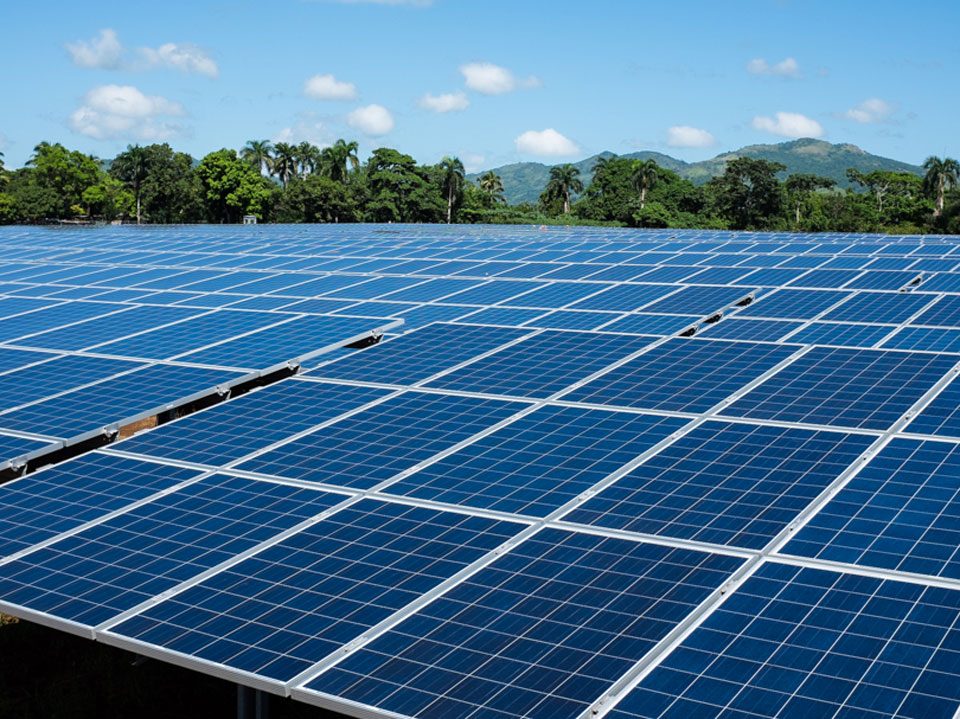Nigeria Update: ‘$9.2billion off-grid electrification opportunity lies in Nigeria’

World Update: Dollar, stocks drop in Asia as Fed fails to inspire
December 15, 2017
World Update: Bank of England holds interest rate at 0.5%
December 15, 2017A new collaboration between the Nigerian Rural Electrification Agency (REA), the World Bank, and the Rocky Mountain Institute (RMI), has found that Nigeria is the nation that could unlock the nascent mini-grid market in Africa.
The joint analysis found that developing off-grid alternatives to complement the grid creates a $9.2billion/year (N3.2trillion) market opportunity for mini-grids, and solar home systems that will save $4.4billion/year (N1.5trillion) for Nigerian homes and businesses.
These findings were discussed at a five-day “Upscaling Mini-grids for Low Cost and Timely Access to Electricity Services,” summit hosted by REA in conjunction with the World Bank Energy Sector Management Assistance Programme (ESMAP), Climate Investment Funds (CIF), and U.K. Department for International Development (DFID).
The forum was designed to push action on scaling up mini-grids to help countries reach universal energy access by 2030, and was the fourth in a series of successful events on mini-grids organised by the global community in the past two years.
However, this is the first time the event was held in West Africa, and was a clear indication of the commitment of the Nigerian Government to support investment in off-grid electrification initiatives, which have a potential market of $9.2billion yearly.
Getting off-grid solutions to scale and commercial viability in Nigeria has the potential to unlock an enormous market opportunity in sub-Saharan Africa, across 350 million people in countries with smaller demand and/or less-robust economies.
A common barrier to mini-grid market growth is investors viewing the market as being too risky, therefore gaining access to project financing is rare, and the market rate debt is expensive.
The event brought together more than 600 global participants from over 50 countries, which included country governments, global organisations, the private sector, academia, NGOs, media, and others to discuss ways to facilitate investment in the sector as well as accelerate the deployment of mini-grid systems.
The summit ended with a site visit to 37.8 kW Bisanti solar minigrid, constructed by GVE Projects Limited, in collaboration with the Bank of Industry (BOI), United Nations Development Programme (UNDP), and Institute of Electrical Electronics Engineers (IEEE), located in Katcha, Niger State, Nigeria.
The Minister of Power, Works and Housing, Babatunde Raji Fashola, said: “I see only opportunities in Nigeria, and not challenges, and policies have been developed to help entrepreneurs fast track energy access for underserved populations.”
Fashola commended the World Bank in developing the power sector, and REA for developing data to help private developers reach the communities they need.
The Managing Director, REA, Damilola Ogunbiyi, said the aim of the Agency is to roll out 10,000 mini-grids rapidly to support underserved communities in Nigeria, “and with the current regulatory landscape, Nigeria is the best market to do mini-grids. The off-grid will be treated as importantly as the on-grid in Nigeria.”
Global Lead Energy, Access, World Bank, Mac Cosgrove-Davies, noted that in Nigeria, 80 million people lacked access to electricity and millions suffer from unreliable service, “the World Bank and the Government of Nigeria are working together to make mini-grids a viable solution to bridge a large share of the electrification gap in the country.
“Rural Electrification Agency will be the implementing agency for the fund,” he said.
To the Managing Director, Sustainable Energy for Economic Development (SEED), Program, Rocky Mountain Institute, Stephen Doig, explained why Nigeria is a viable market. “The large revenue opportunity, supportive government, and dynamic entrepreneurial environment unite to make Nigeria the ideal location to bring these technologies to scale, prove viable business models, meet the needs of millions of people, all while reducing greenhouse gas emissions.”

